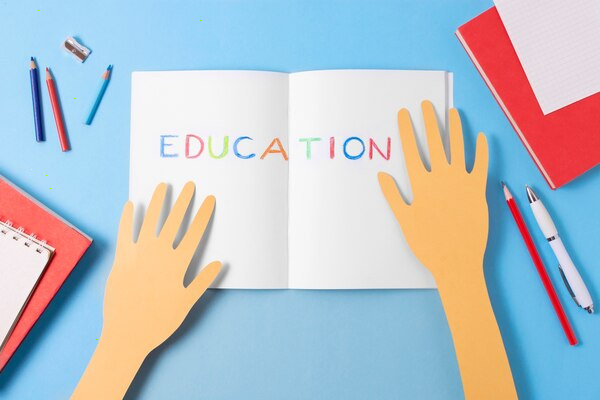Innovative Educational Strategies for the Modern Classroom
In recent years, the educational landscape has undergone a significant transformation, driven by technological advancements and evolving pedagogical theories. As educators strive to meet the diverse needs of today’s learners, innovative educational strategies have emerged, emphasizing personalization, collaboration, and real-world application. Below, we explore some of the most effective strategies reshaping the modern classroom.
Firstly, personalized learning has become a cornerstone of modern education. Leveraging technology, teachers can now tailor educational experiences to meet the specific needs and preferences of each student. Artificial intelligence and adaptive learning platforms allow for the creation of customized lesson plans that adjust in real-time based on student performance. This approach not only enhances engagement but also ensures that students grasp concepts at their own pace, thereby improving retention and comprehension.
Blended learning is another strategy gaining traction, combining traditional classroom methods with digital tools to create a hybrid learning environment. This approach offers flexibility, allowing students to access materials and assignments online, while also benefiting from face-to-face interaction with instructors. Blended learning encourages a more active role in the learning process, where students can explore subjects in depth at their convenience and teachers act as guides and facilitators.

Collaborative learning has also taken center stage, acknowledging that learning is a social endeavor. By working in groups, students develop critical thinking, communication, and teamwork skills, which are essential in the 21st-century workplace. Technologies such as collaborative platforms and digital discussion forums have made it easier for students to work together, share insights, and provide peer feedback regardless of geographical constraints.
The integration of project-based learning (PBL) allows students to gain knowledge and skills by working on extended tasks that incorporate real-world problems and challenges. This student-centered approach not only makes learning more engaging but also helps students see the relevance of their studies to the outside world. Projects often require interdisciplinary skills, encouraging students to think critically and solve complex problems.
Gamification has emerged as an innovative way to make learning more engaging by incorporating game elements into the educational process. Points, badges, and leaderboards can motivate students to participate and excel. This method taps into the intrinsic motivation of students, making learning activities more fun and attractive, thereby improving retention and understanding.
Moreover, the flipped classroom model is altering traditional teaching methodologies. In this model, students are exposed to new material outside of class, typically via video lectures, and then apply what they’ve learned in the classroom through interactive activities. This approach encourages active learning and allows teachers to focus on higher-order thinking tasks during class time rather than basic instruction.
Addressing the emotional and social aspects of education, social-emotional learning (SEL) is now recognized as a vital component of student development. SEL programs focus on helping students develop strong emotional skills, fostering an environment where students can manage emotions, set goals, and establish positive relationships. Research indicates that integrating SEL into the curriculum leads to improved academic performance and better classroom behavior.
Lastly, culturally responsive teaching stresses the importance of recognizing students' cultural backgrounds in shaping instruction. Educators using this strategy make content more relatable to students by incorporating diverse perspectives and examples. This promotes an inclusive environment, helping all students feel valued and increasing their willingness to participate.
In conclusion, education in the modern era is defined by flexibility, adaptability, and a profound understanding of student needs. Through strategies that prioritize personalization, collaboration, and real-world involvement, educators are better equipped than ever to prepare students for the complexities of the future. As educational technologies continue to evolve, so too will the methods educators use to engage, enlighten, and empower learners across the globe.